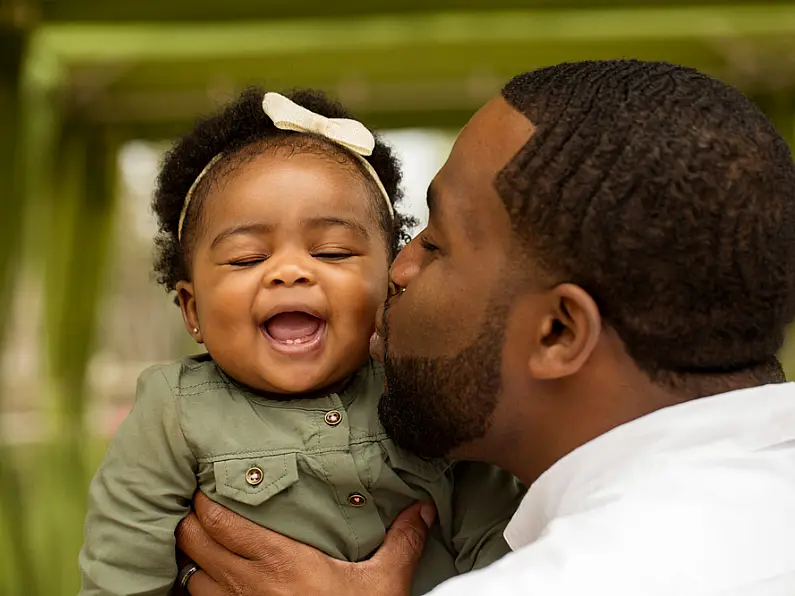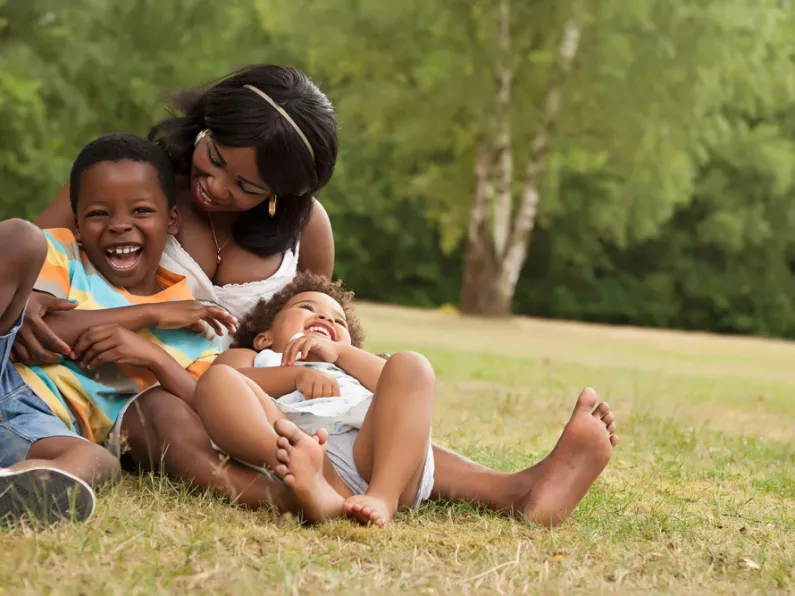Most parents in their 30's and 40's grew up in an era of spanking and the use of harsh words as correction measures, but research now shows that these measures do not get the best behavior out of our children.
As parents, we should focus on teaching good behavior rather than punishing bad behavior.
But that can be challenging, especially when you have headstrong kids who always want to be in control.
Being in control
Picking up my two daughters from daycare has been a nightmare of late, from them hiding and not wanting to go home, to them crying and telling on others, refusing to put on their shoes, and all sorts of reports from their care guide.
Below are some healthy and positive methods I rely on to discipline them.
- Be in charge: As a parent, it is important to trust your instincts to make decisions. Your child finds security in you being in charge and develops confidence both in you and in themselves. You also need to be in charge of your emotions and spell out confidence in all you set out to do.
- Choose your battles: You can divide the areas of conflict so you know how to handle each. I cut out boxes into round shapes and painted one red, one yellow and one green. Red means this conflict is non-negotiable. Things like putting on your seat belt, holding my hand when crossing the road, and sleeping time are not to be negotiated. The yellow colour is where, as a parent, I will listen and explain. Things like eating vegetables, brushing your teeth, and putting on your sweater when it's cold. The green color meanwhile is where I will agree to the kids’ way because it doesn’t hurt. When they say, "Mum, I want to put on everything red!" I will say, "Ok."
- Resist the urge to argue: Adults may find arguing a little uncomfortable, but this may not be the same with your child. Children may just like it. It is good to stick to your decision and not be emotionally triggered.
- Set expectations: When going to a place like Church, I will tell my three-year old "we are going to church, I expect you to be calm and there should be no fighting." It's also important to explain the consequences of misbehavior.
- Don’t overestimate: It is important not to overestimate what your child can do. Things like doing their homework, picking their clothes after a change all need reminders.
- Give compliments: A 'well done' and 'thank you' are great ways to encourage good behavior in your child.
Tattle-tale kids
Discipline is also required for a tattle-telling child. My daughter Amani will tell on every other kid in the park, in her kindergarten school, and almost everywhere!
Ignoring may be a solution at times, but it is good to verify the facts, whether it is an emergency or not.
I will ask the following question when they tell on each other: 'Do you want to cause her problems, or do you want to help her?
If it is to cause trouble, I will let them know this is wrong. But if it is to help, then I will listen.
Conclusion
Discipline may be uncomfortable for both parent and child, but it is a fundamental part of their development.







